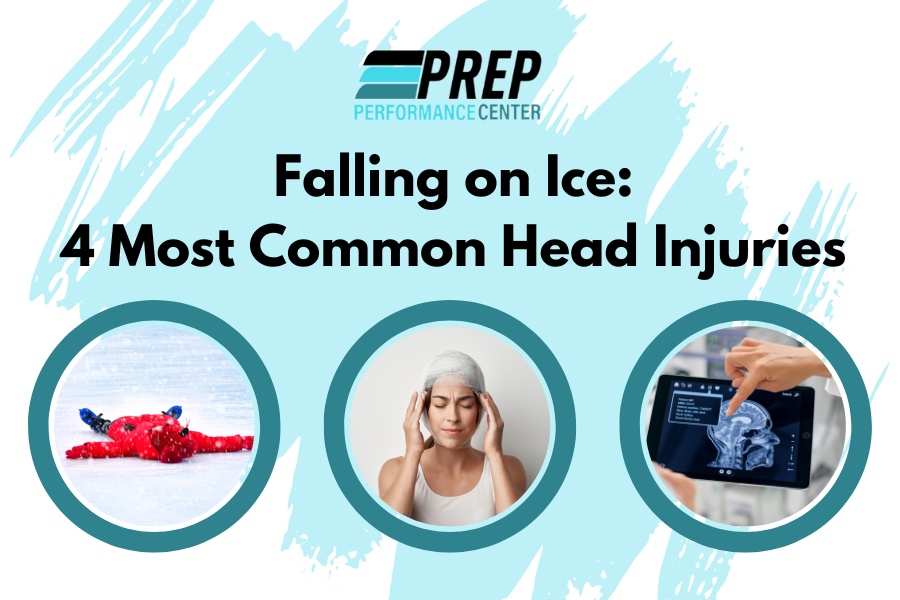Winter is here and the cold does not stop for anyone or anything! Due to extreme weather conditions, winter is considered the most dangerous season. It’s crucial to know and understand the different situations that can occur and how to prevent them. The four most common types of injuries after falling on ice are concussions, hematomas, cerebral contusions, and skull fractures. Knowing what to do in these situations could save a life, so let’s go down the list and learn more about the different types. If you or someone else experiences falling on ice, please seek medical attention immediately to ensure safety.
1. Concussion
A concussion is a type of traumatic brain injury (TBI), meaning an injury to the head that affects how the brain functions. Typically, a concussion is caused by an outside force, usually a blow to the head that “shakes” the brain causing chemical changes and/or damage to brain cells. There are three levels to a concussion: Grade 1 (mild), Grade 2 (moderate), and Grade 3 (severe). While there are different severity levels of concussions, even the mild cases should be taken seriously and should seek out attention from a medical professional.
2. Hematoma
A hematoma is the result of an injury where the blood collects and pools under the skin. Essentially, it’s a bad bruise that has a spongy, rubbery, lumpy feel. This is different from a blood clot in the vein and will not cause blood clots.
3. Cerebral Contusion
Cerebral contusions are areas of bleeding on the brain’s surface, typically scattered throughout an area such as the frontal and temporal lobes. These are the result of the brain hitting a ridge on the skull. Also possible from the brain’s folded, tough outer covering called the dura mater.
4. Skull Fracture
A skull fracture is a break in the skull bone, it is also a type of traumatic brain injury (TBI). There are different levels of severity that require different types of treatment. For example, a mild case could cause little problems and heal on its own. A more severe case could cause damage to the functions of the brain as well as the anatomy of the brain. For either case, seek professional medical attention right away.
Ref:


